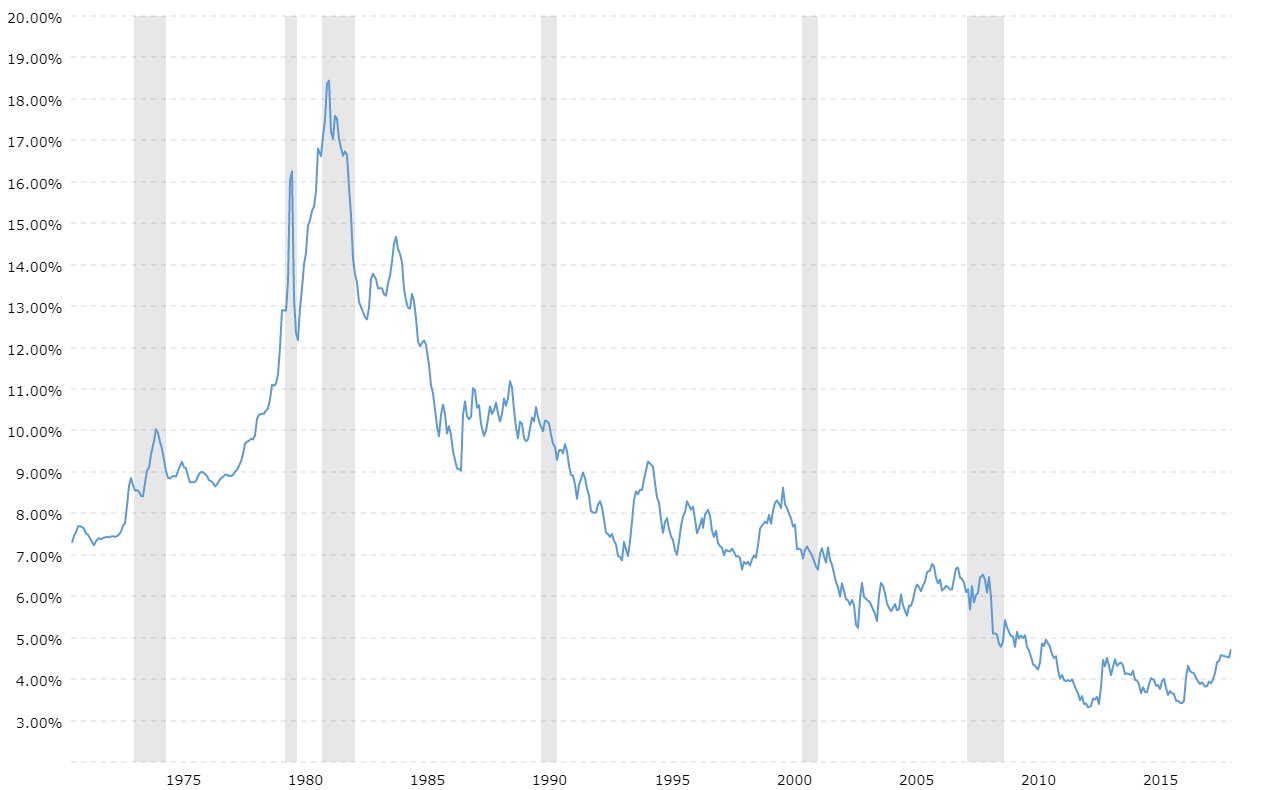In such conditions, expectations are for house prices to moderate, considering that credit will not be available as kindly as earlier, and "people are going to not have the ability to afford quite as much house, provided higher rate of interest." "There's a false story here, which is that the majority of these loans went to lower-income folks.
The investor part of the story is underemphasized." Susan Wachter Wachter has actually written about that refinance boom with Adam Levitin, a professor at Georgetown University Law Center, in a paper that describes how the housing bubble happened. She recalled that after 2000, there was a huge expansion in the cash supply, and rate of interest fell drastically, "triggering a [re-finance] boom the likes of which we had not seen before." That phase continued beyond 2003 because "lots of gamers on Wall Street were sitting there with absolutely nothing to do." They identified "a brand-new kind of mortgage-backed security not one related to refinance, but one associated to broadening the mortgage lending box." They likewise discovered their next market: Customers who were not adequately qualified in terms of income levels and deposits on the houses they purchased along with investors who aspired to purchase - how to reverse mortgages work if your house burns.
Rather, financiers who took advantage of low mortgage financing rates played a big role in fueling the housing bubble, she mentioned. "There's a false narrative here, which is that the majority of these loans went to lower-income folks. That's not real. The financier part of the story is underemphasized, but it's genuine." The proof shows that it would be inaccurate to describe the last crisis as a "low- and moderate-income occasion," stated Wachter.
Those who could and wished to squander in the future in 2006 and 2007 [participated in it]" Those market conditions likewise brought in customers who got loans for their 2nd and third homes. "These were not home-owners. These were investors." Wachter stated "some scams" was also included in those settings, particularly when people noted themselves as "owner/occupant" for the houses they financed, and not as investors.
Some Ideas on What Do I Do To Check In On Reverse Mortgages You Need To Know
" If you're a financier walking away, you have absolutely nothing at danger." Who bore the cost of that at that time? "If rates are decreasing which they were, efficiently and if deposit is nearing absolutely no, as a financier, you're making the cash on the upside, and the drawback is not yours.

There are other unfavorable results of such access to inexpensive money, as she and Pavlov kept in mind in their paper: "Property prices increase because some debtors see their borrowing constraint relaxed. If loans are underpriced, this result is amplified, due to the fact that then even previously unconstrained borrowers efficiently pick to buy instead of lease." After the real estate bubble burst in 2008, the variety of foreclosed homes offered for financiers surged.

" Without that Wall Street step-up to purchase foreclosed residential or commercial properties and turn them from house ownership to renter-ship, we would have had a lot more down pressure on costs, a great deal of more empty houses out there, costing lower and lower prices, resulting in a spiral-down which occurred in 2009 without any end in sight," stated Wachter.
But in some ways it was necessary, due to the fact that it did put a floor under a spiral that was occurring." "A crucial lesson from the crisis is that even if someone wants to make you a loan, it doesn't indicate that you ought to accept it." Benjamin Keys Another commonly held understanding is that minority and low-income households bore the brunt of the fallout of the subprime lending crisis.
How What Percentage Of People Look For Mortgages Online can Save You Time, Stress, and Money.
" The reality that after the [Terrific] Economic downturn these were the families that were most struck is not evidence that these were the households that were most lent to, proportionally." A paper she composed with http://beckettgeua257.timeforchangecounselling.com/how-did-mortgages-cause-the-economic-crisis-can-be-fun-for-everyone coauthors Arthur Acolin, Xudong An and Raphael Bostic took a look at the increase in own a home during the years 2003 to 2007 by minorities.
" So the trope that this was [triggered by] providing to minority, low-income households is simply not in the data." Wachter also set the record straight on another element of the marketplace that millennials prefer to lease instead of to own their houses. Studies have shown that millennials aspire to be house owners.
" Among the significant outcomes and naturally so of the Great Economic downturn is that credit scores required for a home loan have actually increased by about 100 points," Wachter noted. "So if you're subprime today, you're not going to have the ability to get a home mortgage. And lots of, lots of millennials unfortunately are, in part because they might have handled trainee debt.
" So while down payments do not need to be large, there are really tight barriers to access and credit, in terms of credit history and having a consistent, documentable income." In regards to credit gain access to and danger, because the last crisis, "the pendulum has swung towards an extremely tight credit market." Chastened maybe by the last crisis, a growing number of people today prefer to lease instead of own their home.
The Only Guide to How To Reverse Mortgages Work If Your House Burns
Homeownership rates are not as buoyant as they were between 2011 and 2014, and regardless of a slight uptick recently, "we're still missing out on about 3 million house owners who are tenants." Those three million missing out on property owners are people who do not receive a home mortgage and have actually become tenants, and as a result are pushing up rents to unaffordable levels, Keys kept in mind.
Costs are already high in development cities like New York, Washington and San Francisco, "where there is an inequality to begin with of a hollowed-out middle class, [and in timeshare cancellation services between] low-income and high-income renters." Locals of those cities face not just higher real estate rates but also higher rents, which makes it harder for them to conserve and eventually buy their own house, she included.
It's just far more tough to end up being a property owner." Susan Wachter Although real estate prices have rebounded in general, even changed for inflation, they are refraining from doing so in the markets where homes shed the most value in the last crisis. "The comeback is not where the crisis was concentrated," Wachter stated, such as in "far-out suburbs like Riverside in California." Instead, the need and greater prices are "concentrated in cities where the tasks are." Even a decade after the crisis, the real estate markets in pockets of cities like Las Vegas, Fort Myers, Fla., and Modesto, Calif., "are still suffering," said Keys.
Clearly, house prices would reduce up if supply increased. "House builders are being squeezed on wfg home office phone number 2 sides," Wachter stated, referring to rising costs of land and building, and lower need as those aspects rise costs. As it happens, most brand-new building and construction is of high-end houses, "and naturally so, due to the fact that it's costly to build." What could assist break the trend of rising real estate prices? "Sadly, [it would take] a recession or a rise in rate of interest that possibly results in an economic crisis, in addition to other aspects," stated Wachter.
Some Known Facts About School Lacks To Teach Us How Taxes Bills And Mortgages Work.
Regulative oversight on loaning practices is strong, and the non-traditional lending institutions that were active in the last boom are missing, but much depends on the future of regulation, according to Wachter. She particularly referred to pending reforms of the government-sponsored enterprises Fannie Mae and Freddie Mac which ensure mortgage-backed securities, or bundles of housing loans.